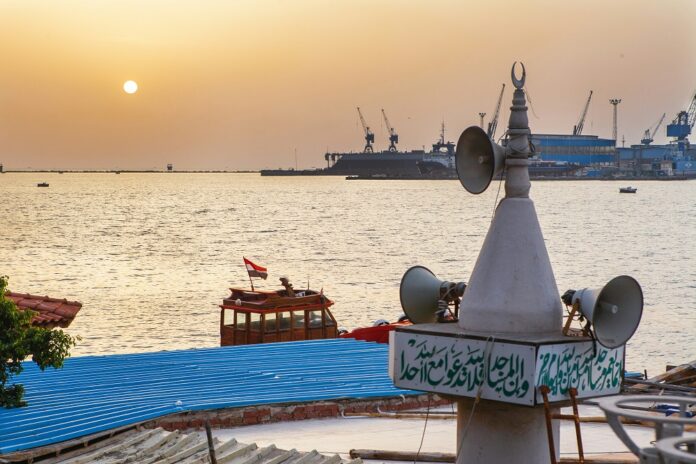Amid Houthi rebels escalating attacks on commercial shipping in the Red Sea, China is navigating a complex diplomatic challenge that puts its aspirations as a power broker in the Middle East to the test.
The crisis has prompted U.S. officials to call on China to use its influence to rein in Iran-backed Houthi rebels, but despite persistent requests, Washington claims it has seen no indications of Chinese intervention.
During recent meetings with Chinese Foreign Minister Wang Yi, U.S. national-security adviser Jake Sullivan once again urged China to play a “constructive role” in halting the attacks by leveraging its significant influence with Iran.
As the Red Sea crisis unfolds, air strikes and diplomatic tensions between Iran and Pakistan have further complicated China’s role in the region. While both Islamabad and Tehran have taken steps to mend their relationship, the incident raises questions about China’s response if two of its key allies were to engage in conflict.
Despite having much at stake in the event of a broader conflict, China, according to Radio Free Europe / Radio Liberty, has maintained a relatively quiet stance, offering only a formal offer to mediate if necessary.
According to Abdul Basit, an associate research fellow at Singapore’s S. Rajaratnam School of International Studies, China’s cautious approach reflects its tendency to avoid direct involvement to protect its reputation.
Michael Kugelman, the director of the Wilson Center’s South Asia Institute, notes that while China may prefer a hands-off approach, it has previously demonstrated a willingness to mediate opportunistically, citing its role in brokering a deal between Iran and Saudi Arabia in March.
Despite its reserved stance, China’s response remains fluid, and it could potentially step up its involvement if the situation demands it.



